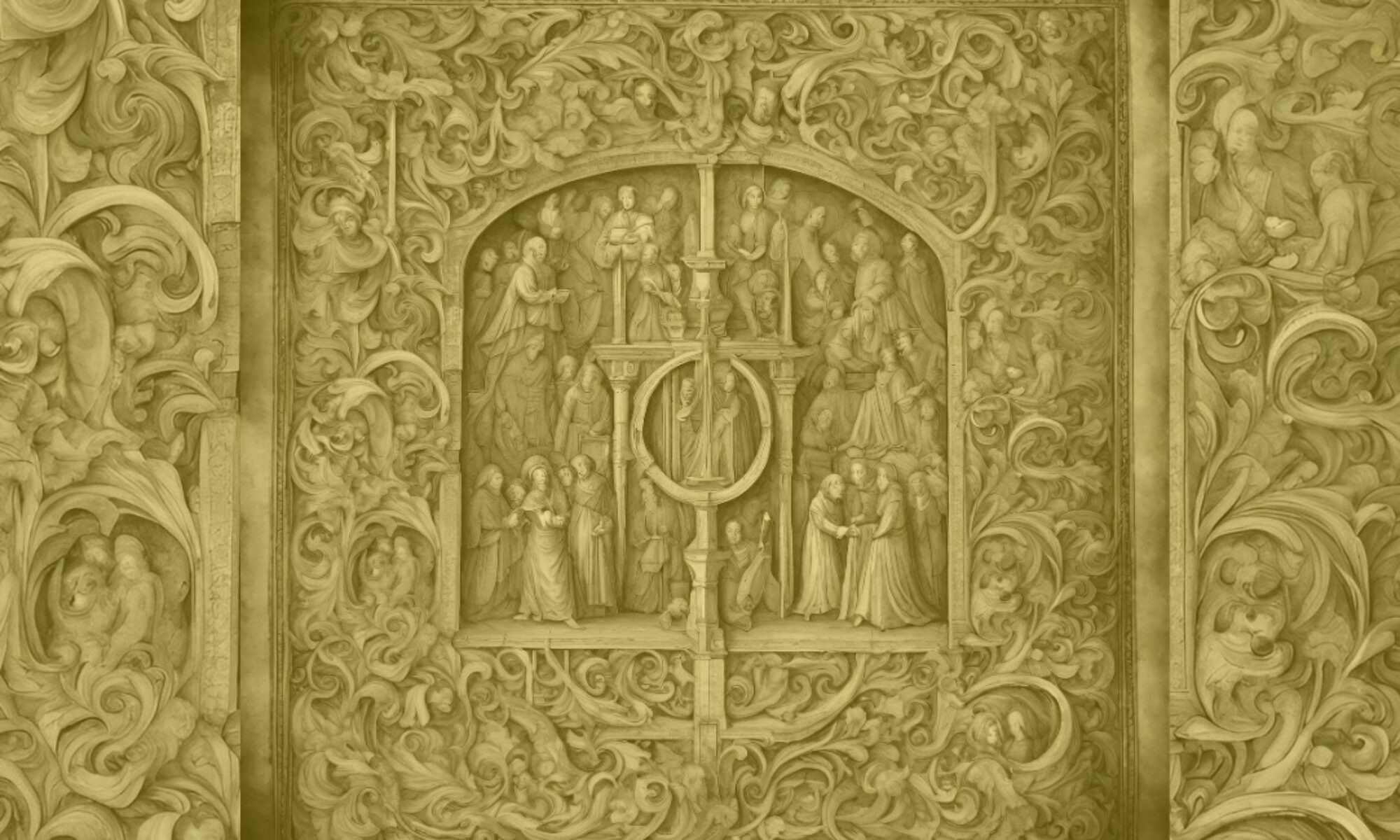Julie’s presentation is called “The Self-Care System of Helen of Troy: Dividing of a Soul”

The enigmatic heart of Helen of Troy has been the subject of our projections for thousands of years. She has lived in our minds in shame as the too-beautiful whore who caused the Trojan War. Perhaps there is more mythos waiting to unfold?
This presentation will utilize Euripides’ play, Helen, as well as Donald Kalsched’s work, “The Inner Word of Trauma: Archetypal Defenses of the Personal Spirit.” I propose that traumatic experiences in Helen’s life may have caused Helen to psychologically divide into the eidolon in Euipidies’ play, Helen. This is to say that psychologically speaking, Helen retreats with Paris in eidolon form, while her physical form remains in Egypt. Kalsched notes that the term, ‘daimonic’ comes from daiomai, which means to divide.” Her eidolon appears to be what Kalsched defines as “the self-care system,’ which arises to protect the heart and soul of the traumatized person. I will explore the function of this protective system and how it may soften our own hearts towards Helen’s plight.
The presentation will end by investigating how her reunion with her love, Menelaus, supports the process of her psyche coming back together and healing the psychological divide she has endured.
About Julie
Julie Ciecior, MA, LPC, is a Colorado based depth psychotherapist, adoptee, mother, mythologist, writer, and tireless seeker of meaning making. She is currently pursuing a MA/PhD degree in Mythology with an Emphasis on Depth Psychology through Pacifica Graduate Institute. She is particularly interested in the intersection between creativity, mythology, psychology, and soul. When these elements meet in the alchemical cauldron that we call life, the real magic arises and this is where her heart leads her research.

